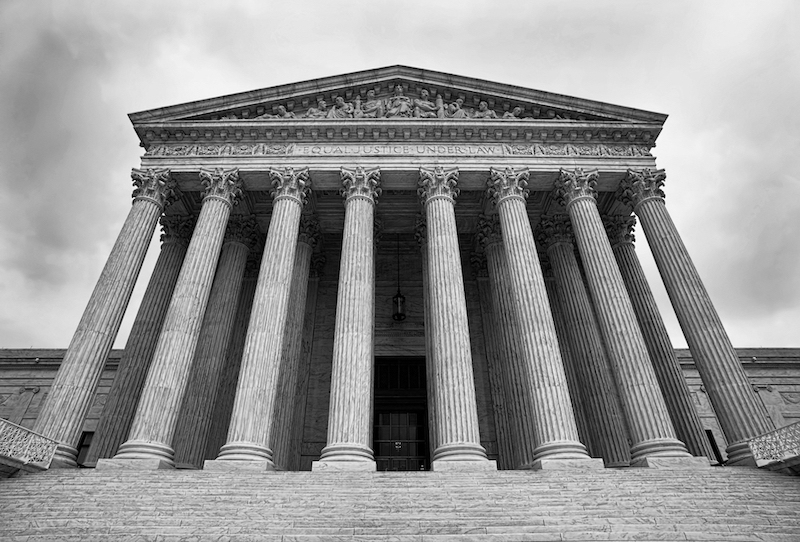This article looks at three different cases by the Supreme Court, two already decided and an upcoming decision, that have the potential to remake or undo the “administrative state”, as conservatives like to call it.
Effectively, the Supreme Court is mandating that Congress legislate only in the way it authorizes.



https://mediabiasfactcheck.com/democracy-journal/
You left out the part where your source says that this publication offers “HIGH FACTUAL REPORTING”.
Need I bold it?
This is certainly playing with words though. Trying to frame administrative law as a bastion of democracy just because it was created by congress is a severe reach no matter how you do it. It’s like saying the Byzantine emperor was selected by the senate. That’s factual, but isn’t really giving you a good picture of how things work.
Administrative law is inherently less democratic.
Than what? You can argue with the article:
What exactly makes all of that inherently less democratic?
More importantly, though, to the extent that it is less democratic (if it is…), is it as undemocratic as judicial power?
Yes and congress holds impeachment and appointment powers over the judicial branch, as well as the ability to hold hearings to investigate them. NEITHER are inherently democratic. A bill creating law is democratic, administrative law is efficient.
So they’re biased towards reality, and not conservatives’ fantasy world…
It’s interesting that you interpret a bias of any form as realistic.